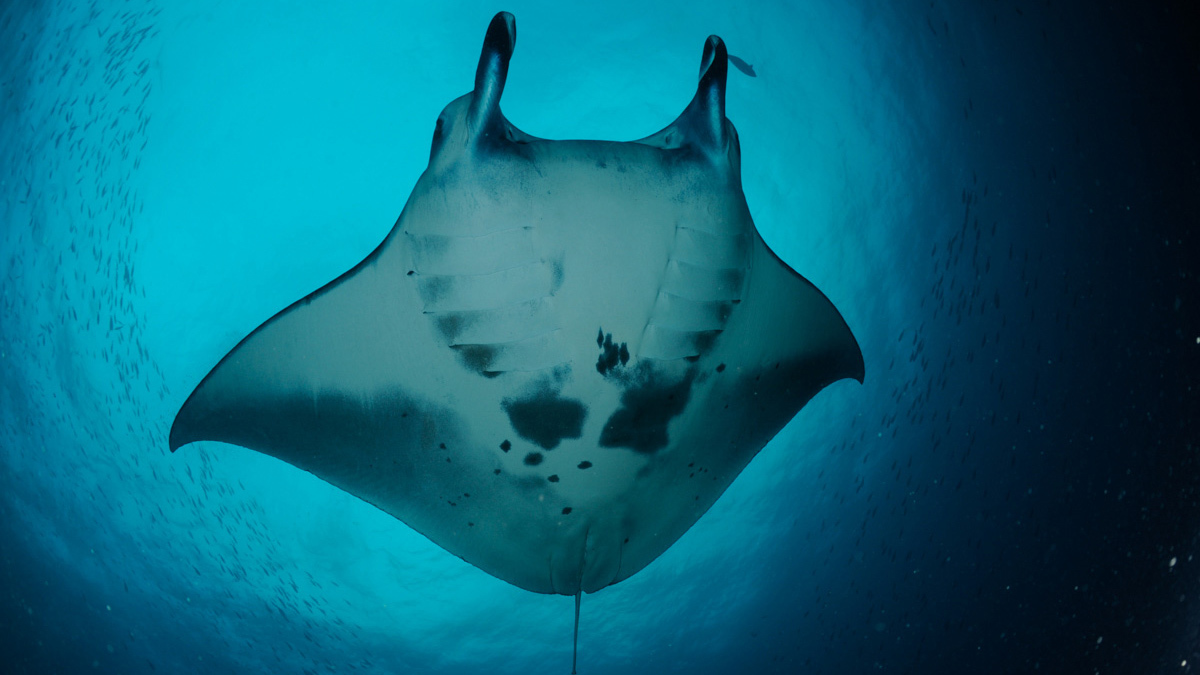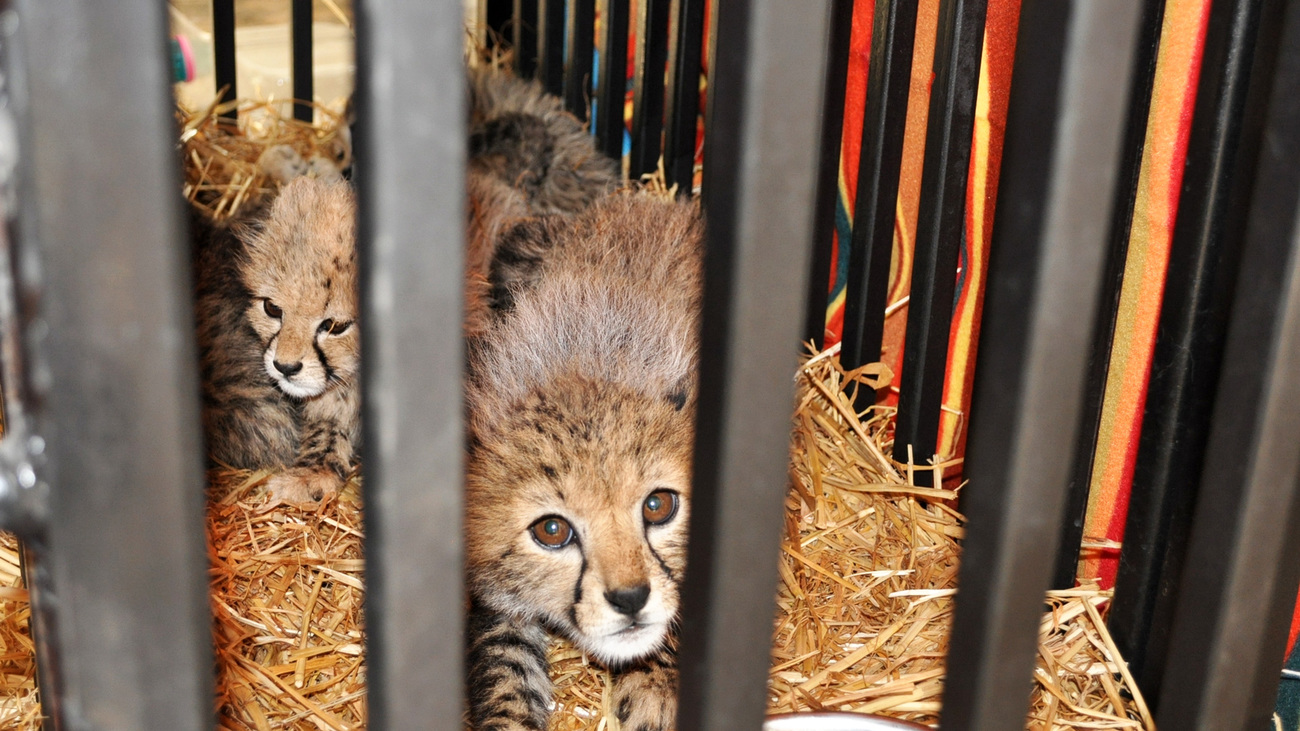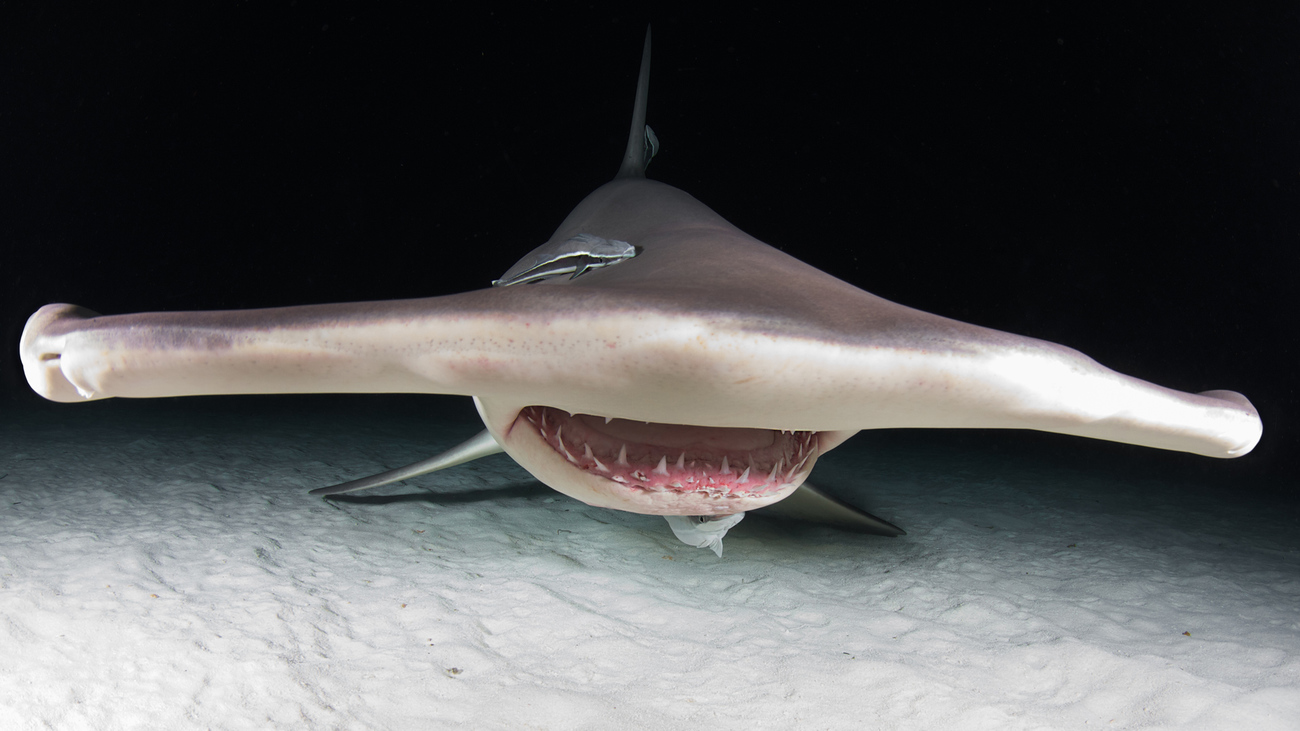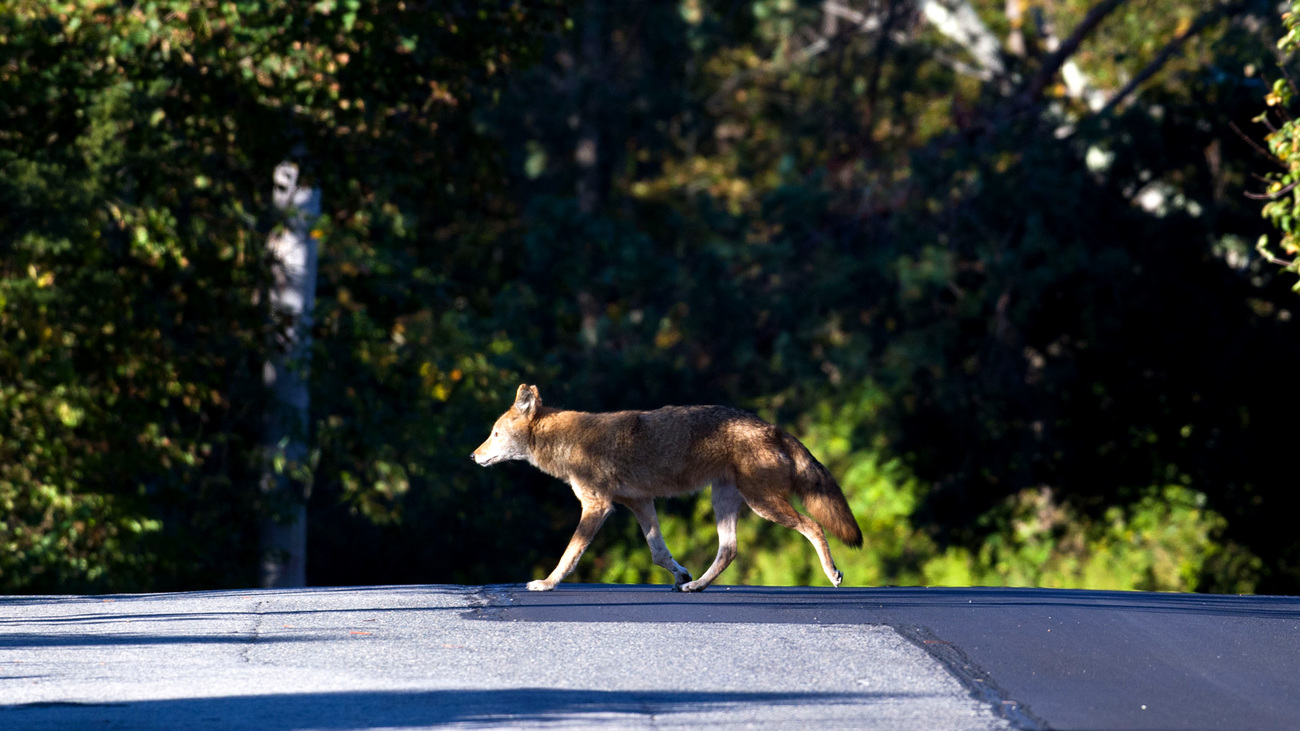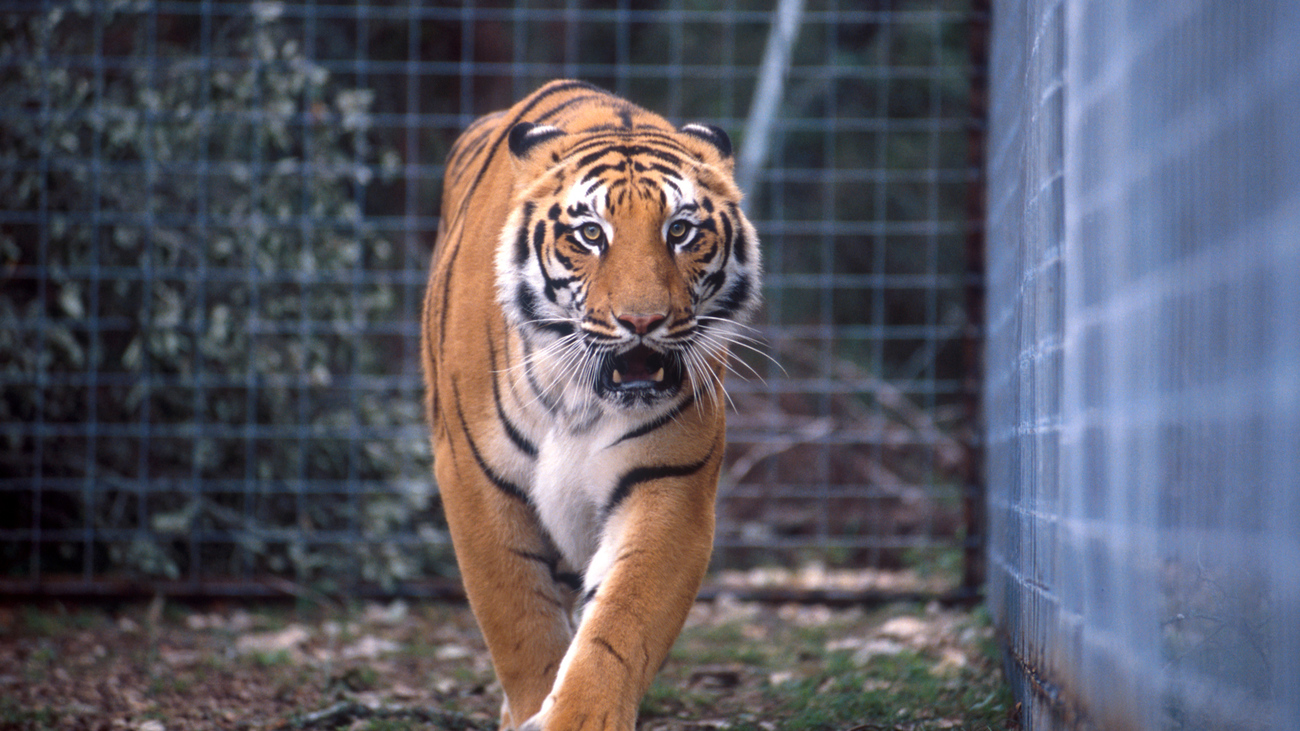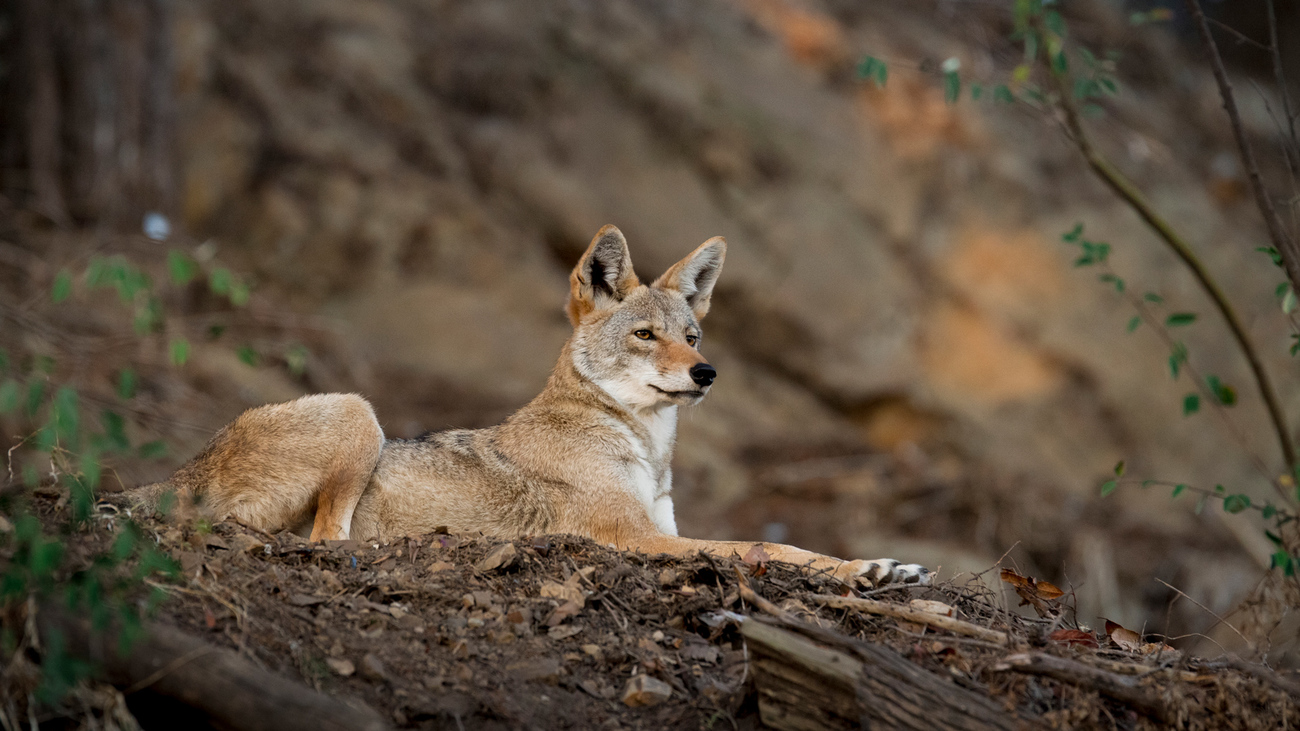international policy
international policy
IFAW actively engages in advocacy work both nationally and internationally because when we talk about secure habitats for the places animals call home, we mean more than just security on the ground or in the water. Unless animals and their habitats are protected in law and policies, we cannot be sure these places will stay secure over time.
IFAW has long participated in the workings of multilateral environmental agreements (MEAs), such as the Convention on International Trade in Endangered Species (CITES), Convention on Migratory Species (CMS), Convention on Biological Diversity (CBD), International Whaling Commission (IWC), International Union for the Conservation of Nature (IUCN) and other intergovernmental agreements and institutions with environmental and animal welfare aspects. We send representatives to meetings of these MEAs to ensure their decisions are in the best interests of the world’s wildlife and habitats.
The global pandemic affected many of these meetings in FY20 and continued to lead to postponements of in-person meetings in FY21, although some have taken place remotely. IFAW’s vital international policy work has adapted to these challenges as we continue to advocate for positive change for some of our most vulnerable species and threatened habitats.
continuing international policy work during COVID-19
Although many decision-making meetings of international policy forums were postponed during FY21 due to the ongoing global pandemic, important implementation of previous international policy decisions was put into practice for wildlife and habitats.
IFAW experts provided implementation assistance and technical advice to 22 governments during this period across most of IFAW’s program of work. Issues ranged from connectivity to migratory species and from wildlife cybercrime to other aspects of illegal wildlife trade. IFAW and partners have continued to assist with the implementation of CITES listings for sharks and rays. For example, we’ve provided technical expertise on developing sustainable trade limits of listed species in the Middle East and North Africa as well as Latin America. We’ve also supported governments such as Costa Rica and Colombia as they develop stricter regulations and catch prohibitions for the most threatened shark species in their waters, with the aim to host implementation and enforcement workshops for these new measures in 2022.
IFAW’s continued work on Operation Jaguar has supported jaguar range states in their efforts to implement and enforce the CMS Appendix I listing that took place in February 2020 and decisions on jaguar trade from the last CITES Conference.
The IUCN World Conservation Congress was postponed due to the pandemic, but many motions were discussed and voted on virtually in October 2020. Successes included the adoption of the IFAW-drafted Resolution on Wildlife Cybercrime, but IFAW also championed other key subjects during the online vote. Of note, IFAW co-sponsored and supported adopted resolutions to address priority conservation issues such as ensuring the inclusion of ocean mitigation and adaptation issues in broader climate change discussions, recognizing the importance of ecological corridors for sustaining biodiversity, and calling for greater protections for threatened marine species from accidental capture in fishing gear.
In addition, many intersessional meetings of the main forums took place virtually, including meetings of CITES, CMS, CBD and IWC, with IFAW policy experts taking part remotely to lend their expertise and ensure progress in key areas.
Some outcomes of note included our work to encourage governments to commit to an ambitious Post-2020 Global Biodiversity framework that includes meaningful goals and metrics to halt biodiversity loss, improve ecosystem health and connectivity, and develop adequate funding mechanisms to implement the Framework once developed. We made recommendations that CITES Parties analyze the potential for the occurrence of illegal trade of oceanic whitetip sharks outside of compliance with its Appendix II listing. We also joined the new CITES Working Group on the role of CITES in reducing zoonotic disease risk.
Although virtual sessions of international policy meetings have raised their own set of difficulties, progress has been made, even when meeting in person was not possible. We look forward to continuing our partnerships with governments, NGOs and intergovernmental organizations at in-person meetings, whenever they can take place again.
addressing wildlife cybercrime at a global policy level
The IUCN World Conservation Congress (WCC), scheduled for June 2020, was postponed due to the COVID-19 pandemic, but the Congress held online discussions and voted on most motions in late 2020.
Unlike other international policy fora, NGOs can vote and submit motions for discussion and adoption at IUCN WCCs. IFAW led the effort, which secured the successful adoption of a motion on wildlife cybercrime, focused on combating the sale of illegal wildlife products online. It aims to strengthen the earlier commitments of CITES Parties and others, highlighting the issue and calling for action to prevent animals and their parts from being traded on a vast scale online.
The IFAW-drafted motion Implementing international efforts to combat the sale of illegal wildlife products online, ultimately passed to become a resolution in November 2020, via online electronic voting with support from more than 130 governments and nearly all NGOs that voted.
Now adopted, the IUCN Commissions are called to convene a cross-sector workshop, review national legislation, make recommendations for best practices and assist in raising awareness for cybercrime prevention. In addition, the resolution calls on governments to join the Global Wildlife Cybercrime Action Plan, engage with the private sector, take measures to raise public awareness and strengthen their laws and enforcement efforts.
The IUCN’s global convening power and influence is well-placed to further enhance efforts to combat wildlife cybercrime by encouraging the necessary collaboration between sectors, reinforce initiatives and further the important work that has taken place to date on this issue by IFAW and others.
better protecting marine biodiversity
IFAW, supported by the Pew Charitable Trusts, held a Virtual Regional Workshop with marine protection experts and regional decision-makers for 87 participants from the Middle East and North African governments in January 2021 to highlight the need to include comprehensive management of marine biodiversity under the Convention on Biological Diversity (CBD).
The purpose of the workshop was to provide opportunities for collaboration in the Middle East and North Africa to support calls for a robust 2030 target to increase the protection of the ocean and marine biodiversity. Ensuring commitment under the CBD for strong ocean and marine biodiversity management is essential to conserve ocean life from the effects of human activities as well as to mitigate the effects of global climate change.
During the pandemic, we have become well versed in hosting virtual workshops to continue to gather governments together and progress critical negotiations. We received very positive feedback from participants, who in addition to supporting the subject matter, praised the technical features and organization of the workshops.
Of note, governments voiced the need for a financial plan on how any established protected areas will be financed, and additional guidelines around establishing an effective protected area and improving cooperation between regional governments.
The workshop concluded with statements on the increasing importance of establishing effective marine protected areas—with several participants noting the rapidly increasing threats to biological diversity, such as climate change, and plastic and oil pollution—and establishing plans for IFAW to host future gatherings to further expand on discussions held at this workshop.
preventing pandemics and ensuring safe passage through corridors and crossings
IFAW has continued pushing forth advocacy efforts that play a fundamental role in driving transformative change in alignment with our strategic priorities. These efforts have focused on initiatives that include the Preventing Future Pandemics Act (PFPA), reintroduced early in the 117th Congress with bipartisan support in both chambers. The PFPA would make it U.S. policy to stop the commercial sale of live wild animals for human consumption around the world by encouraging the closure of live wildlife markets and supporting access to safer, more sustainable food supplies; it would also ban the import, export and sale of live wild animals for human consumption in the U.S.
IFAW also continues to focus on protecting wildlife in the U.S. with wildlife crossings and corridors. Wildlife crossings—structural elements like underpasses, overpasses, culverts, crosswalks, or animal detection systems— allow wildlife to avoid road traffic, making everyone safer. IFAW succeeded in getting US$350 million for wildlife crossings over five years as part of the INVEST Act. We will work on retaining that larger figure in a final package.
The legislation would play a critical role in reducing the number of wildlife-vehicle collisions (WVCs) in the U.S., estimated to be between one to two million collisions each year, which not only kill and injure dozens of drivers and passengers, but cause untold animal deaths. Studies indicate that wildlife crossing structures are effective at reducing WVCs by as much as 97%, making such provisions an essential component to not only safeguard biodiversity, but to help stimulate the U.S. economy, mitigate climate impacts and reduce highway fatalities.
Wildlife corridors also offer routes between protected areas, allowing native fish, wildlife and plants to thrive via moving along traditional migratory routes, seeking new food and water sources, escaping fire and flood, and even finding mates. Wildlife corridors are increasingly important to protecting biodiversity as more habitat is claimed for human development, and as the effects of climate change cause food and water availability to shift. We succeeded in including the full text of the Wildlife Corridors Conservation Act, which would establish a system of wildlife corridors across the U.S., into the House-passed INVEST Act, and are working on acquiring Senate support.
protecting captive big cats and ensuring public safety
Across the U.S., IFAW has continued bringing attention to the untold numbers of big cats both abused and in desperate need of help resulting from the poorly regulated trade in wild felines and the prevalence of exploitative pseudo- sanctuaries.
From pop culture depictions of captive big cats and the emergence of “tiger selfies” that glamorize the exploitation of tigers and other felines, IFAW has pushed the real issues to light, educating the public about responsible, humane choices for sanctuary visits and supporting federal policy reform to protect captive big cats nationwide. Thankfully, progress has been made, with IFAW advocating for the Big Cat Public Safety Act, successfully reintroduced in the U.S. House and Senate in the early months of the 117th Congress. Rapidly gathering bipartisan co-sponsorship in both chambers, the legislation reflects the ever-increasing public calls for federal policy reform to protect the nation’s captive lions, tigers, leopards and other wild cats.
Continuing its work with the Big Cat Sanctuary Alliance, a coalition of leading animal rescue experts and big cat sanctuaries, IFAW assisted in rehoming 13 tigers and other wildcats confiscated from a roadside zoo.
pushing for policy change
To ensure the ongoing impact of promoting both animal welfare and conservation, IFAW continues to pressure the Government of Canada to permanently ban the use of the poisons strychnine, sodium cyanide, and Compound 1080. Currently used to kill wolves, bears and coyotes, these poisons are not only inhumane and indiscriminate, they permeate down the food chain, killing or poisoning non-target species including both endangered species and pets. As a result, IFAW is determined to make this a practice of the past.
Stay in the know. Be ready to act.
You’ll receive news, updates on activities and on future giving opportunities. You can unsubscribe at any time.